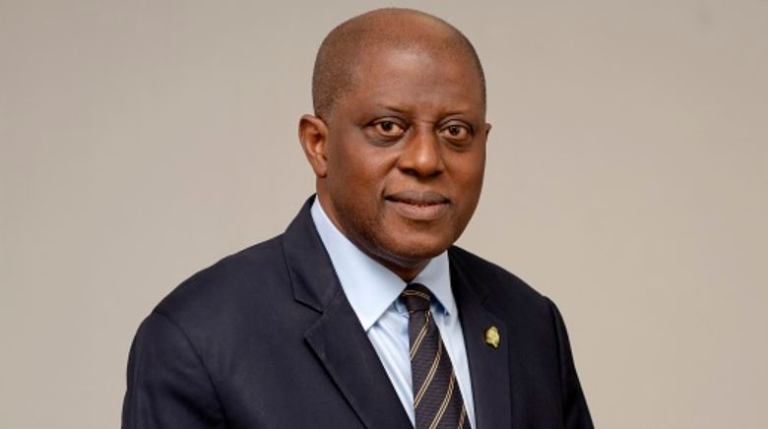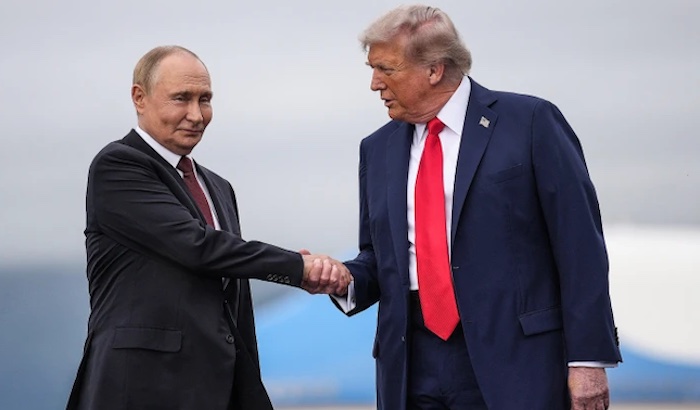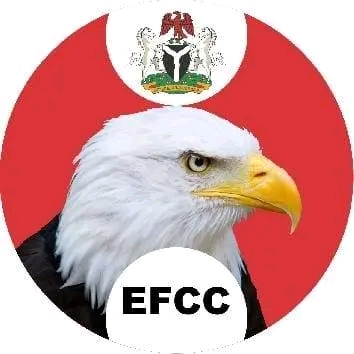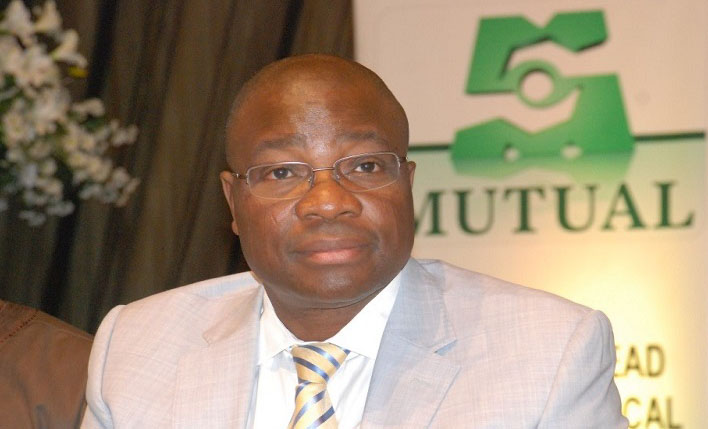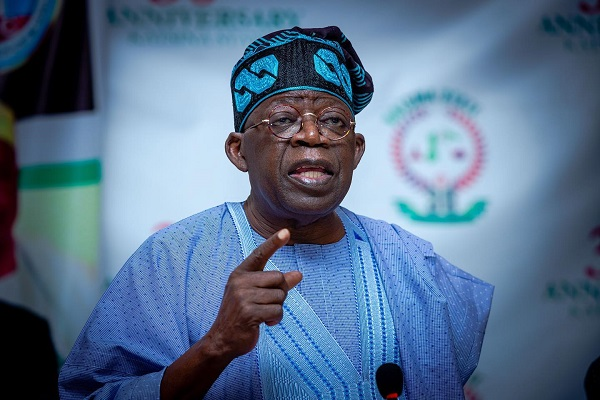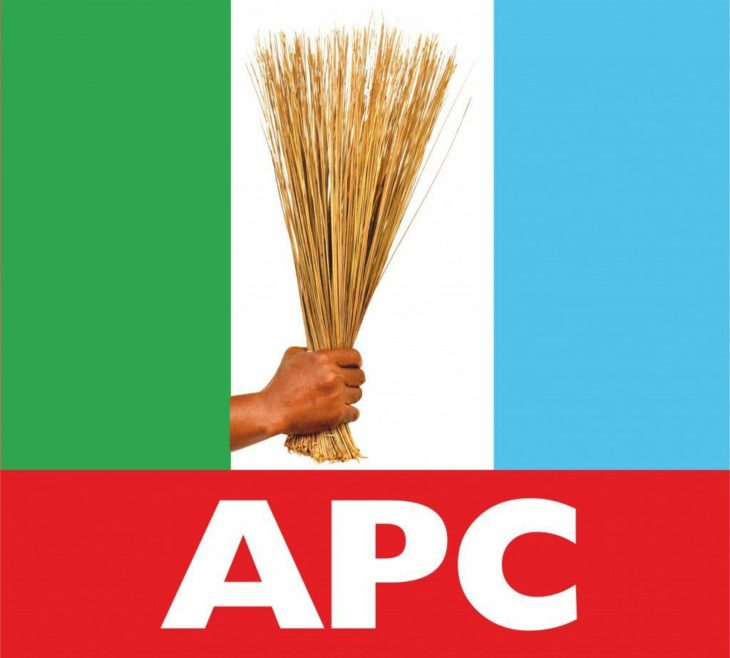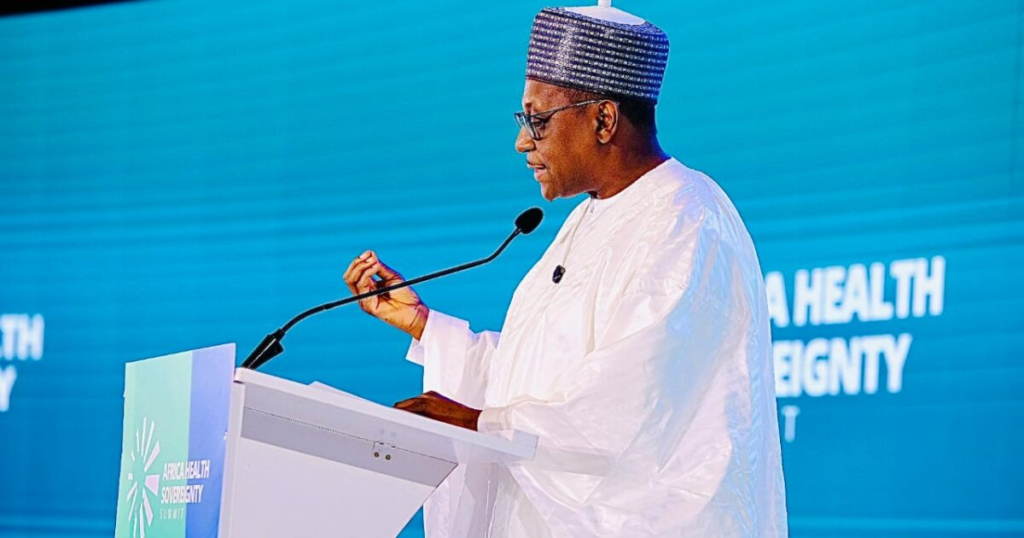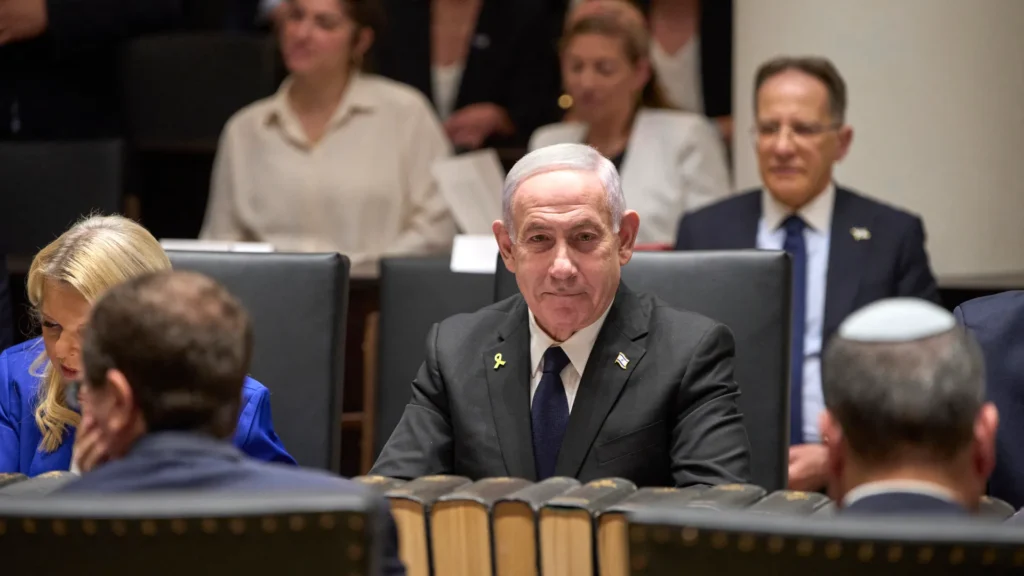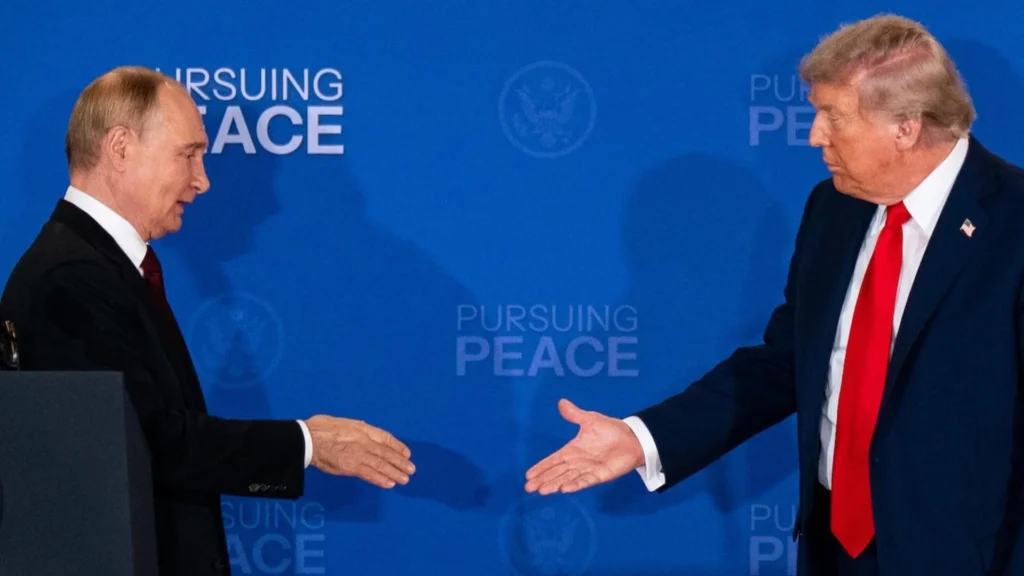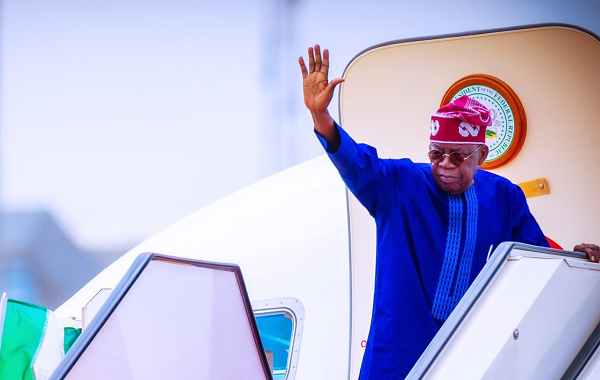The Governor of the Central Bank of Nigeria (CBN), Olayemi Cardoso, has called for stronger economic ties between Nigeria and the Middle East, emphasizing the role of the Nigerian diaspora in the region.
Speaking during a meeting with Talal Al-Humond, Assistant Governor for Monetary Affairs at the Saudi Arabian Central Bank (SAMA), Cardoso highlighted Nigeria’s interest in learning from Saudi Arabia’s infrastructure development and tourism strategies. He commended the country’s economic diversification efforts, particularly in environmental projects and tourism investments.
Cardoso reaffirmed the CBN’s commitment to strengthening remittance flows from the Nigerian diaspora while fostering a stable macroeconomic environment to support private sector growth and job creation. In response, Al-Humond assured him of SAMA’s readiness to collaborate with the CBN to achieve mutual economic objectives.
During a panel discussion at the inaugural Conference on Emerging Markets Economies in Saudi Arabia, Cardoso outlined Nigeria’s recent financial reforms, particularly in foreign exchange markets. He noted that:
- Exchange Rate Stability: The gap between the official and parallel market exchange rates, once at 60%, has narrowed to approximately 4-5% due to improved market confidence and policy consistency.
- Forex Market Transparency: The CBN introduced an electronic matching system and a foreign exchange code of ethics signed by all Nigerian banks to enhance transparency and ensure market compliance.
- Rising Foreign Reserves: Nigeria’s foreign reserves have surpassed $40 billion, the highest in nearly three years.
Cardoso acknowledged Nigeria’s past economic struggles, including capital outflows, multiple exchange rate regimes, currency depreciation, and high inflation, which eroded confidence in the naira. To restore market trust, the CBN:
- Cleared the backlog of forex transactions.
- Implemented a tight monetary policy, raising interest rates by 850 basis points.
- Phased out quasi-fiscal interventions that previously distorted the economy.
He also emphasized the impact of removing the fuel subsidy, which had cost Nigeria about 6% of its GDP annually. Despite past administrations lacking the political will to eliminate the subsidy, its removal has significantly improved the country’s fiscal position.
To bolster Nigeria’s financial system, the CBN has mandated banks to recapitalise, ensuring resilience against future economic shocks. Cardoso stressed that policy consistency and orthodox monetary policies remain central to Nigeria’s economic stability.
On financial inclusion, he noted that Nigeria’s inclusion rate stands at 74% and outlined efforts to expand mobile money services and gender-focused initiatives to bridge financial access gaps, particularly for underserved communities.
The Conference on Emerging Markets Economies, held from February 16 to 17, 2025, in Al Ula, Saudi Arabia, brought together policymakers and economic experts to discuss structural shifts in the global economy and their impact on emerging markets.

